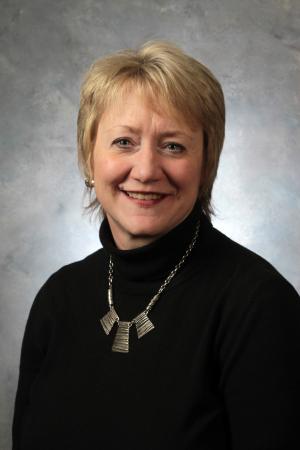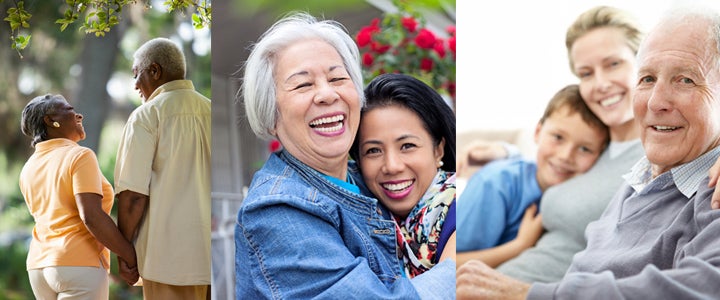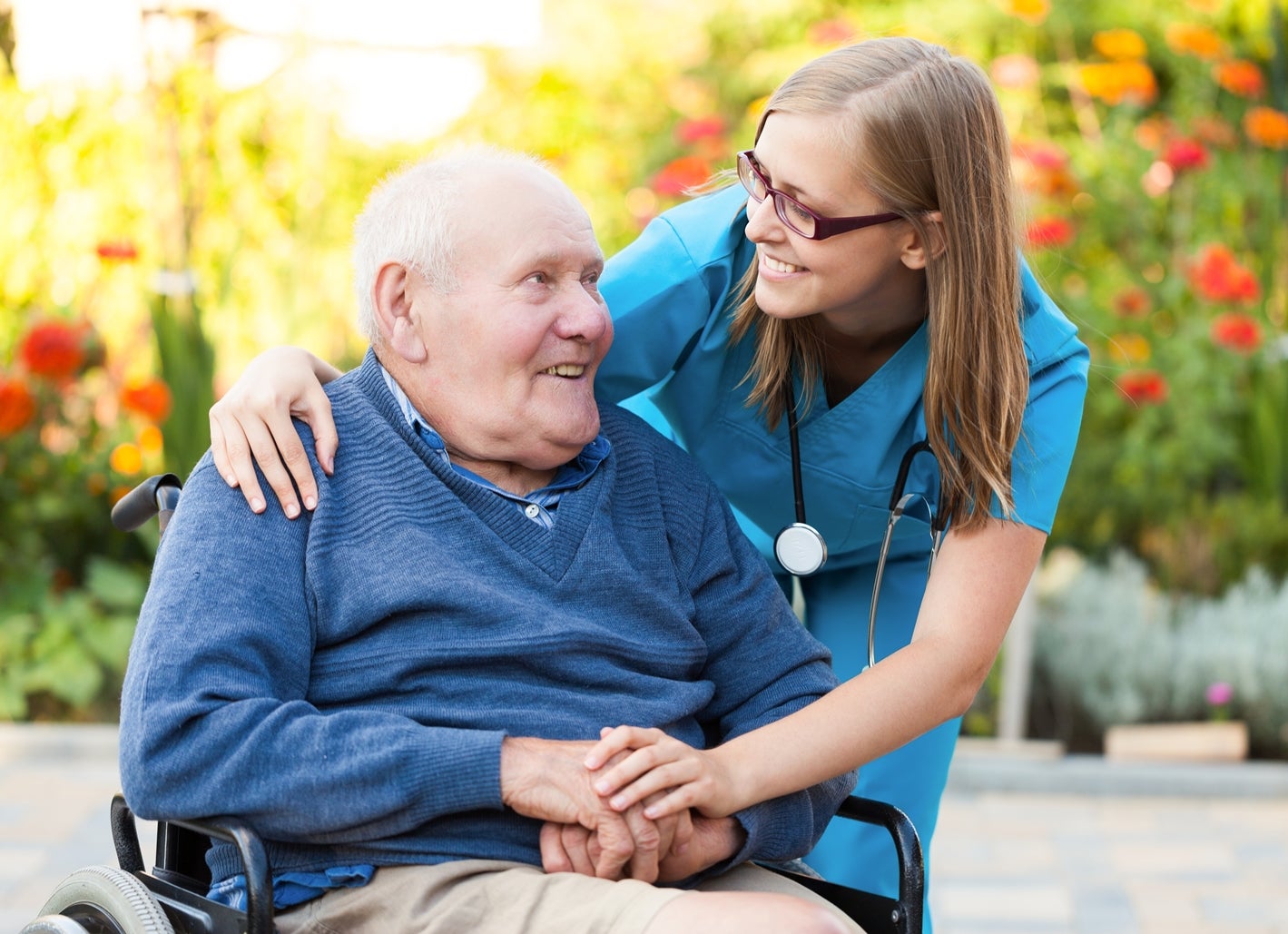UCCS certificate educates individuals who care for elderly

Sara Honn Qualls
The gerontology certificate is designed for people who work with older adults, wish to change careers to care for the elderly, are already a caregiver or have an interest in aging issues, explains Sara Honn Qualls, professor of psychology, director of the center and the Kraemer Family Professor of Aging Studies.

Yet examples of people who benefit from the class run the gamut. For instance, Qualls said an administrator of home health care who took the course many years ago re-takes it about every four or five years to refresh his knowledge.
“We have a licensed clinical social worker who provides services to older adults and wants to deepen her knowledge about aging because her previous experience covered the entire lifespan,” she said. “We had a real estate agent who wanted to specialize her practice in work with older adults, so she wanted to gain more knowledge and understanding about aging. We have had lawyers and physicians who work with older adults a portion of the time and want to deepen their knowledge.”

“Professors such as Mary Ann Kluge and Paige Whitney (health sciences), Amy Silva-Smith (nursing), along with Dan Segal and Cassie Faulhaber (psychology) provide excellent overviews of aging,” Qualls said. “Many local experts educate students about applied topics such as elder abuse reporting procedures, legal tools relevant to end of life, health and housing, health and wellness, and community planning and design.”
The full course extends over two concurrent semesters and there are no prerequisites to register for the program, Qualls said. This semester – so far –19 people are attending in person and – new this year – five are taking it through webinars and recorded sessions. Classes are each Tuesday and although classes started Sept. 12 enrollment remains open until Sept. 30. “But sooner is far better,” she said.
“Over the years, students in this program repeatedly emphasize how valuable they find the networking opportunities with each other and with the expert presenters,” she said. “Thus, in addition to content knowledge gained during the program, the students have a built-in set of resources to support their lifelong learning processes.”
- Colorado
- All Four:




